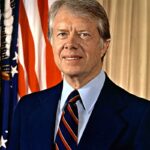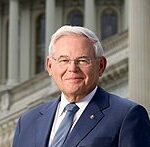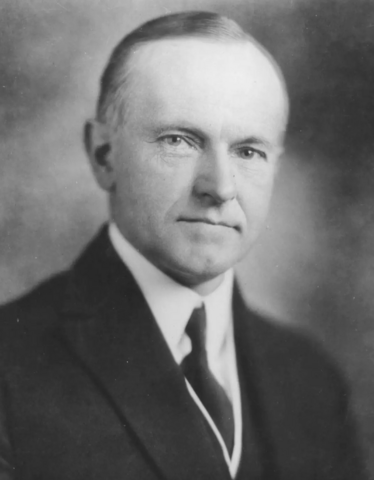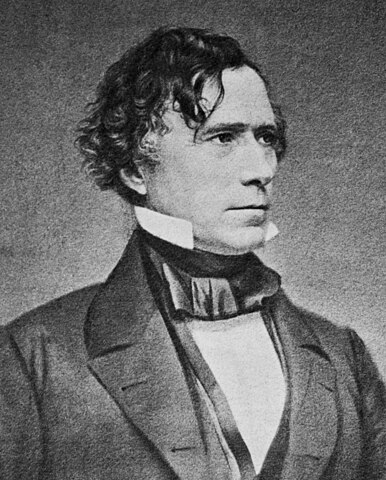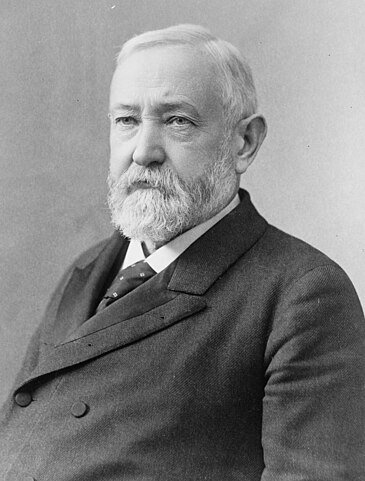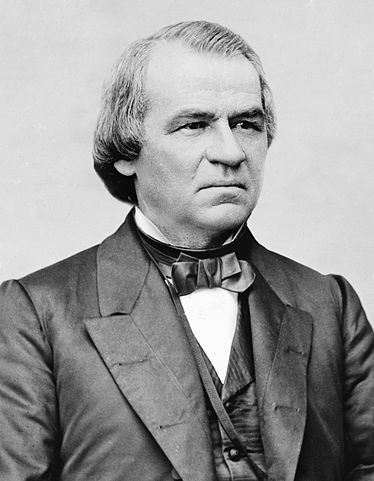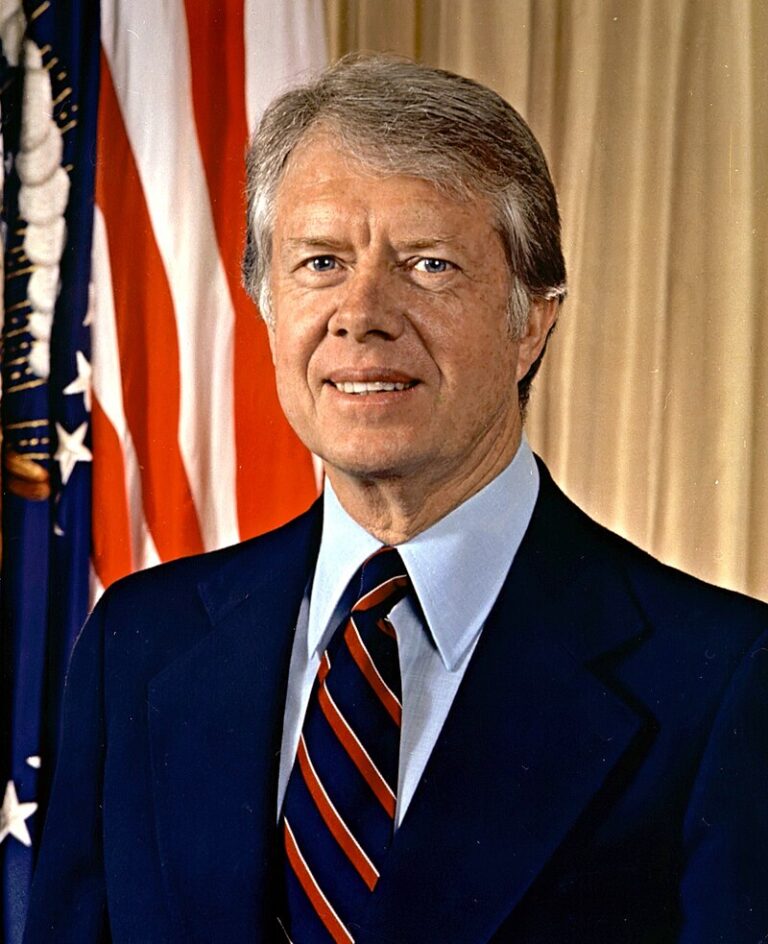 Thomas Jefferson, the third President of the United States, was born on April 13, 1762, in Shadwell, Virginia. A towering figure in American history, Jefferson was not only a president but also a philosopher, architect, scientist, and one of the key architects of American democracy. His presidency, spanning from 1801 to 1809, was marked by significant achievements and complex challenges, embodying the contradictions and aspirations of the young nation he helped to form.
Thomas Jefferson, the third President of the United States, was born on April 13, 1762, in Shadwell, Virginia. A towering figure in American history, Jefferson was not only a president but also a philosopher, architect, scientist, and one of the key architects of American democracy. His presidency, spanning from 1801 to 1809, was marked by significant achievements and complex challenges, embodying the contradictions and aspirations of the young nation he helped to form.Philosophical Foundations and Election
Jefferson’s political philosophy was rooted in the ideals of the Enlightenment, advocating for liberty, republicanism, and a government with limited powers. His election in 1800 was a landmark moment, often referred to as the “Revolution of 1800,” as it marked the first peaceful transfer of power between opposing political parties in the U.S. Jefferson’s victory over John Adams was narrow and contentious, leading to the 12th Amendment to clarify election procedures.
Domestic Policy and the Louisiana Purchase
Jefferson’s presidency is perhaps most famously associated with the Louisiana Purchase in 1803. This acquisition from France doubled the size of the United States, extending the nation’s boundaries from the Mississippi River to the Rocky Mountains. The purchase, negotiated by James Monroe and Robert R. Livingston for $15 million, was a strategic move that not only expanded American territory but also secured control over the Mississippi River and New Orleans, crucial for commerce.
The Louisiana Purchase posed a philosophical challenge for Jefferson, who was a strict constructionist regarding the Constitution. The Constitution did not explicitly grant the power to purchase foreign land. However, Jefferson pragmatically supported the acquisition, bending his interpretation of constitutional powers to prioritize national interest. This act of realpolitik set a precedent for future territorial expansions.
Economic Policies and Reduction of Federal Debt
Jefferson aimed to reduce the size and influence of the federal government, believing in an agrarian society where most citizens were independent landowners. His administration cut military spending, reduced the national debt significantly, and repealed the whiskey tax, which had been a point of contention during the Whiskey Rebellion under Washington. Jefferson also advocated for free trade, which was reflected in his opposition to the Alien and Sedition Acts and his support for states’ rights.
Foreign Affairs and the Embargo Act
Jefferson’s foreign policy was dominated by the challenges of dealing with the European powers, particularly Britain and France, who were at war. American shipping was frequently targeted by both nations, leading to the seizure of American ships and the impressment of American sailors, especially by the British. In response to these provocations, Jefferson passed the Embargo Act of 1807, which prohibited American ships from trading in all foreign ports. The intent was to exert economic pressure on Britain and France to respect U.S. neutrality.
However, the Embargo Act was controversial and largely ineffective; it hurt American commerce more than it did the European powers, leading to widespread smuggling and economic hardship. The policy was politically damaging, sparking opposition in New England where maritime trade was vital. Although Jefferson himself acknowledged its failure, it was his successor, James Madison, who eventually repealed it.
Judicial Conflicts and the Judiciary Act of 1801
Jefferson’s presidency also saw significant tension with the judiciary, particularly the Supreme Court under Chief Justice John Marshall, whom Adams had appointed. The Judiciary Act of 1801, passed in the final days of Adams’ administration, created new judicial positions, which Jefferson saw as an attempt by Federalists to entrench their power. Jefferson responded by repealing this act and through the impeachment of John Pickering and the attempted impeachment of Justice Samuel Chase, though the latter was acquitted, setting a precedent for judicial independence.
Cultural and Educational Initiatives
Jefferson was a proponent of education, believing it essential for democracy. He founded the University of Virginia, which opened after his presidency, and was involved in its design and curriculum, aiming to create an institution free from religious influence, focusing on science, law, and classical education.
Slavery and the Paradox of Liberty
The contradiction between Jefferson’s ideals of liberty and his status as a slaveholder remains one of the most discussed aspects of his legacy. Jefferson wrote extensively against slavery, yet he owned hundreds of slaves throughout his life. He did not free them upon his death, though his will did emancipate five slaves, including Sally Hemings’ children. His views on race and slavery are complex, reflecting both the Enlightenment’s ideals and the racial attitudes of his time.
Retirement and Legacy
After his presidency, Jefferson retired to Monticello, where he continued his architectural projects, scientific experiments, and correspondence. His final years were marked by financial difficulties due to debts, leading to the sale of his extensive book collection which formed the basis of the Library of Congress. Jefferson died on July 4, 1826, exactly 50 years after the signing of the Declaration of Independence, poignantly on the same day as John Adams.
Jefferson’s legacy is multifaceted. He is celebrated for his contributions to American democracy, his vision of a nation built on the principles of freedom and equality, and his expansive policy decisions like the Louisiana Purchase. However, his life and presidency also encapsulate the contradictions of American history, particularly in terms of race and slavery. His work in promoting education, constitutional rights, and the spread of democratic ideals continues to influence American political thought, making him a central figure in understanding the evolution of the United States.



